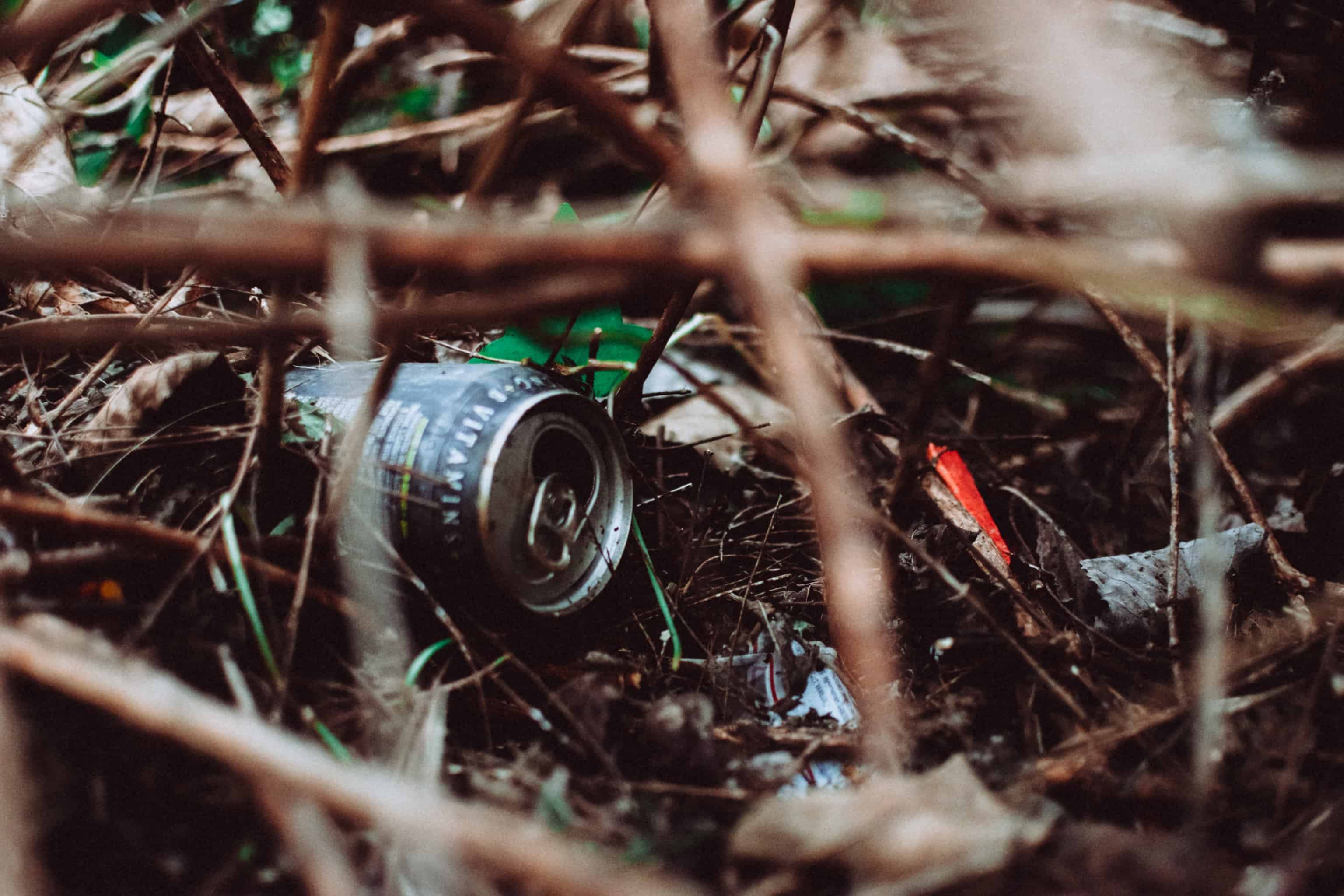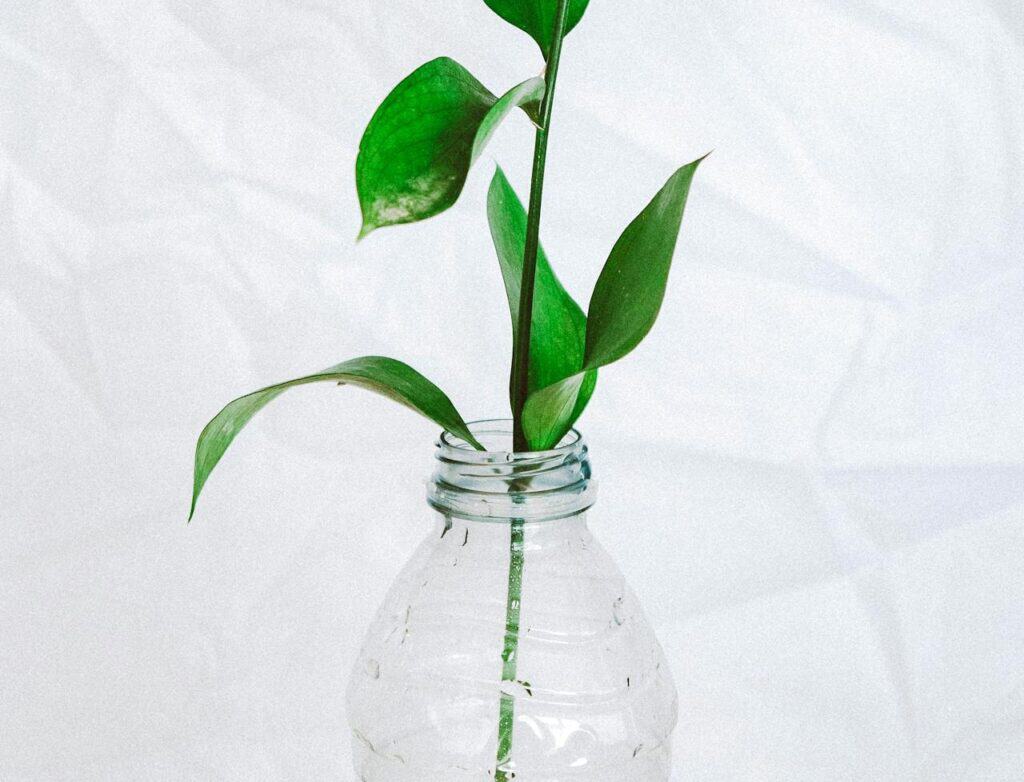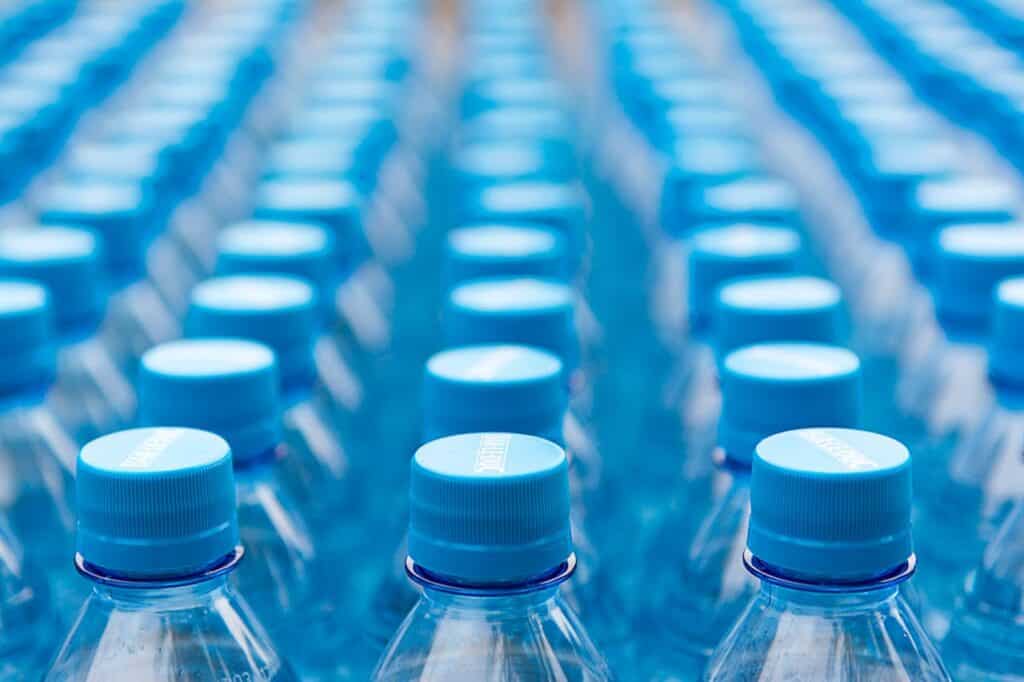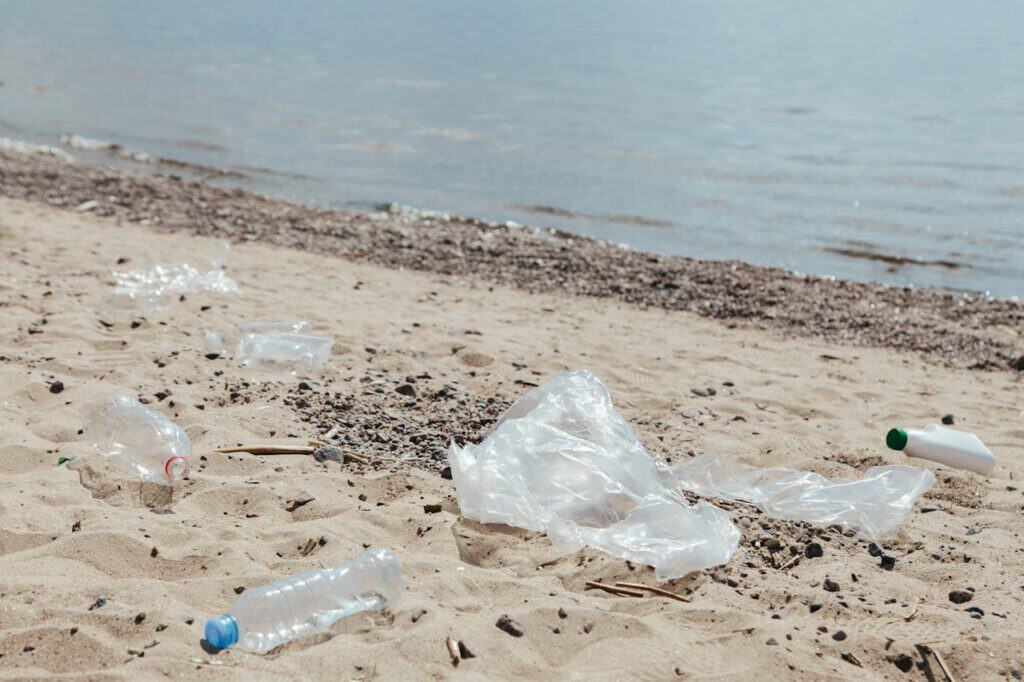- Last Update: October 4, 2024
Key Takeaways
- Chile is considered the worst country for recycling.
- Mexico has one of the lowest recycling rates in the world at 5%.
- Mexico has one of the lowest recycling rates in the world at 5%.
The 5 Worst Countries For Recycling In 2024
Plastic waste pollution is a global problem, and the cold hard fact of the matter is that all countries need to adopt better long-term strategies in the war against plastic waste. As of 2024, Germany still holds the top spot as the top country for recycling across the world. Nevertheless, some countries are a long way behind others:
#1. Chile
Chile is the number one worst country for recycling, with less than 1% of their total usage being recycled in 2015. Between 2013 and 2017, less than 0.8% of total household waste was separately collected for recycling.
Under Chile’s circular economy strategy, the country hopes to achieve a circular economy through recycling, reduction, and reutilisation of solid waste by 2040.
#2. Mexico
Although Mexico has a high waste collection rate of 91%, most of this waste is improperly disposed. Mexico also has one of the lowest recycling rates in the world at 5%.
In terms of plastic, a huge 123 tonnes of plastic waste is also produced every day in Mexico City, and only 6% of it is recycled.
#3. Turkey
According to OECD (2019), Turkey recycled just 1% of its domestic waste. In 2021 however, Turkey’s recycling rate was 12%.
In recent years, the government has been under growing pressure to “prevent the import of high amounts of waste,” whilst they have been labelled as Europes Dumping Ground.
#4. Greece
Given the economic problems that Greece has faced over the last decade or two, it’s understandable that their recycling habits haven’t reached the desired level.
#5. Israel
Israel sends 81% of its plastic waste to landfill and just 19% to recycling centres. And like Greece, Israel has had other political priorities to focus on in recent times.
The Environmental Protection Ministry hopes to commit almost $1.1 billion over the next decade to improve the country’s recycling rate from 21% to 50% by 2030.








